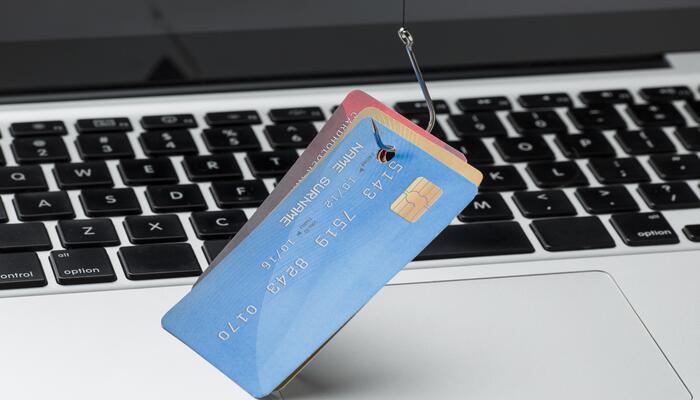Credit card fraud is a serious and growing problem in today’s digital age. It occurs when someone uses your credit card information without your permission to make unauthorized purchases or withdrawals. This type of fraud can lead to significant financial losses and damage to your credit score, making it crucial to understand how it happens and how you can protect yourself.
Types of Credit Card Fraud
There are several types of credit card fraud, including card-not-present (CNP) fraud, counterfeit card fraud, and lost or stolen card fraud. CNP fraud occurs when your card information is used online or over the phone without the physical card being present. Counterfeit card fraud involves the creation of fake cards using stolen data, while lost or stolen card fraud happens when someone physically takes your card and uses it.
Common Methods Used by Fraudsters
Fraudsters use various methods to obtain your credit card information. Phishing is a common technique, where scammers send fake emails or messages that appear to be from legitimate sources, asking for your card details. Skimming involves using a small device to steal your card information during a legitimate transaction. Data breaches at large companies also provide fraudsters with vast amounts of stolen credit card data.
Signs of Credit Card Fraud
It’s important to recognize the signs of credit card fraud early. Unfamiliar transactions on your statement, unexpected declines, and calls from your bank about suspicious activity are all red flags. Regularly monitoring your credit card statements and credit report can help you catch fraudulent activity quickly.
How to Protect Yourself
There are several steps you can take to protect yourself from credit card fraud. First, always keep your credit card information secure. Do not share your card details over the phone or online unless you are certain of the recipient’s legitimacy. Use strong, unique passwords for your online accounts and enable two-factor authentication whenever possible.
Using Credit Card Security Features
Many credit card companies offer security features that can help protect you from fraud. These include transaction alerts, which notify you of any activity on your account, and virtual card numbers, which can be used for online purchases instead of your real card number. Take advantage of these features to add an extra layer of security to your credit card.
Reporting Credit Card Fraud
If you suspect that your credit card has been compromised, it’s essential to act quickly. Contact your credit card issuer immediately to report the fraud and have your card frozen or canceled. File a police report and report the fraud to the Federal Trade Commission (FTC) to help authorities track and combat fraudulent activities.
Recovering from Credit Card Fraud
Recovering from credit card fraud can be a challenging process, but it’s important to take the necessary steps to restore your financial health. Work with your credit card issuer to dispute any fraudulent charges and ensure they are removed from your account. Monitor your credit report for any signs of identity theft and consider placing a fraud alert or credit freeze to prevent further unauthorized activity.
Staying Vigilant Against Future Fraud
Protecting yourself from credit card fraud is an ongoing effort. Stay informed about the latest fraud trends and scams, and continue to practice good security habits. Regularly review your credit card statements and credit report, and be cautious with your personal information. By staying vigilant, you can help protect yourself from the financial and emotional impact of credit card fraud.
Credit card fraud is a pervasive issue that can affect anyone, but by understanding the different types of fraud, recognizing the signs, and taking proactive steps to protect yourself, you can minimize your risk and keep your finances secure.
Conclusion
Credit card fraud is a pervasive issue that can affect anyone, but by understanding the different types of fraud, recognizing the signs, and taking proactive steps to protect yourself, you can minimize your risk and keep your finances secure. Regular vigilance, using available security features, and promptly reporting any suspicious activity are essential measures to safeguard against the financial and emotional impact of credit card fraud. By staying informed and cautious, you can better protect yourself and your credit.
Ultimately, fostering good security habits is crucial in the fight against credit card fraud. This includes being cautious with your personal information, regularly reviewing your financial statements, and utilizing advanced security measures provided by your credit card issuer. Additionally, educating yourself and others about the latest fraud schemes and prevention techniques can significantly reduce the likelihood of falling victim to fraudsters.
Taking these precautions not only protects your financial assets but also contributes to a broader effort to combat fraud in the digital age. As technology continues to evolve, so do the tactics used by criminals, making it more important than ever to remain vigilant and proactive. By doing so, you can ensure that you are well-equipped to handle potential threats and maintain your financial health in an increasingly interconnected world.





